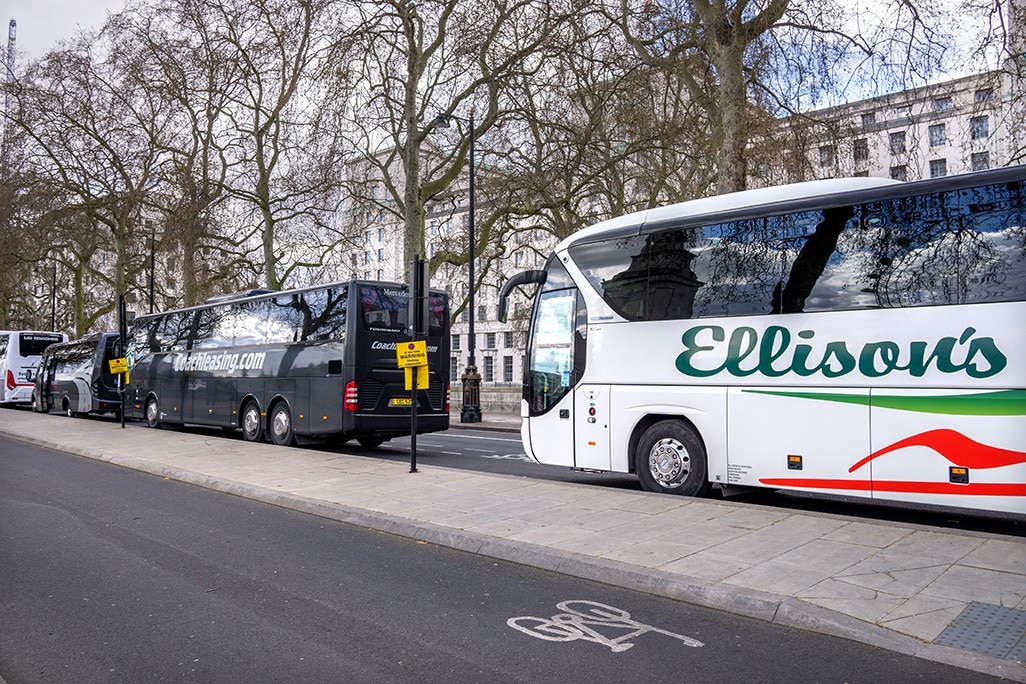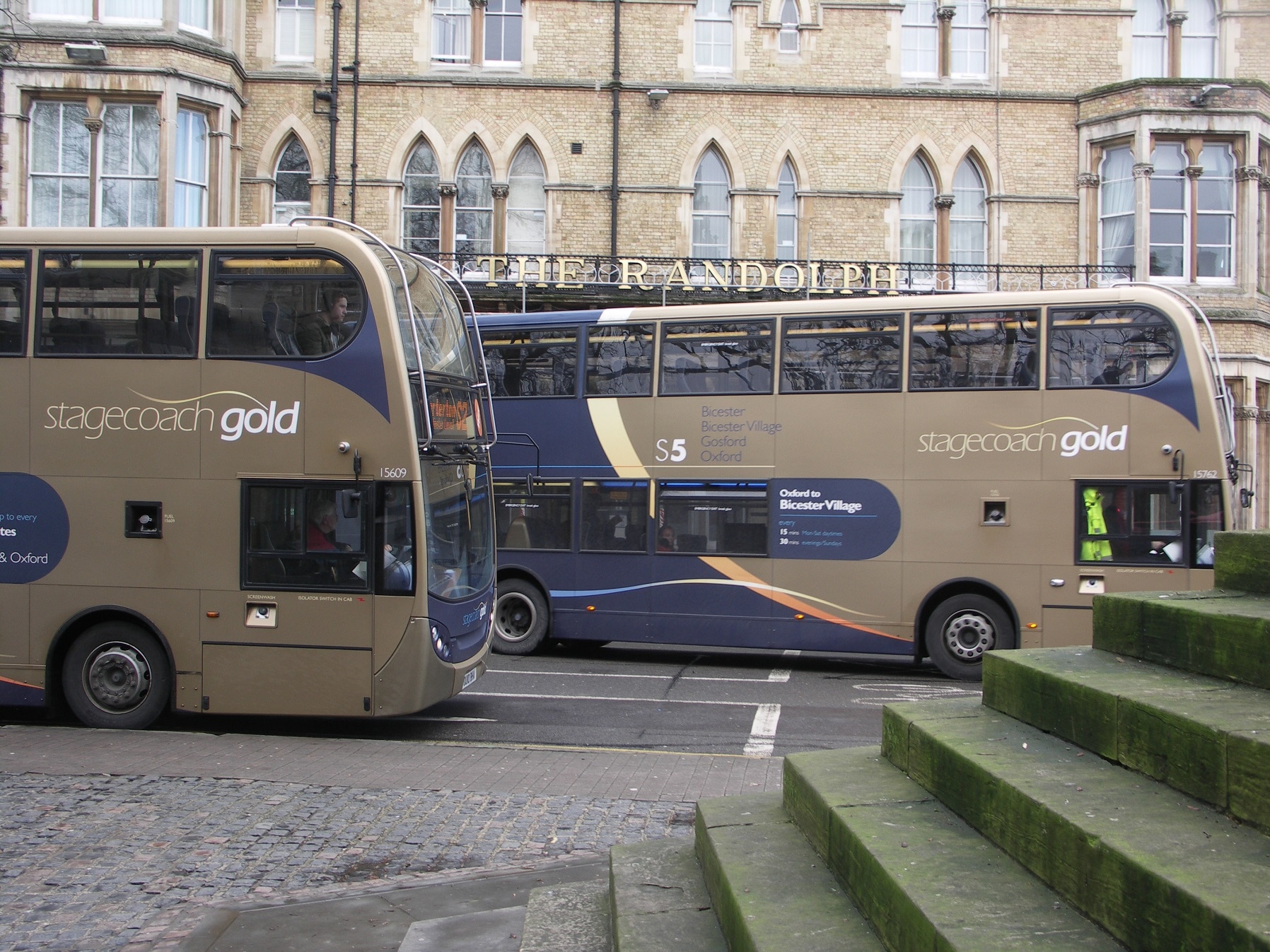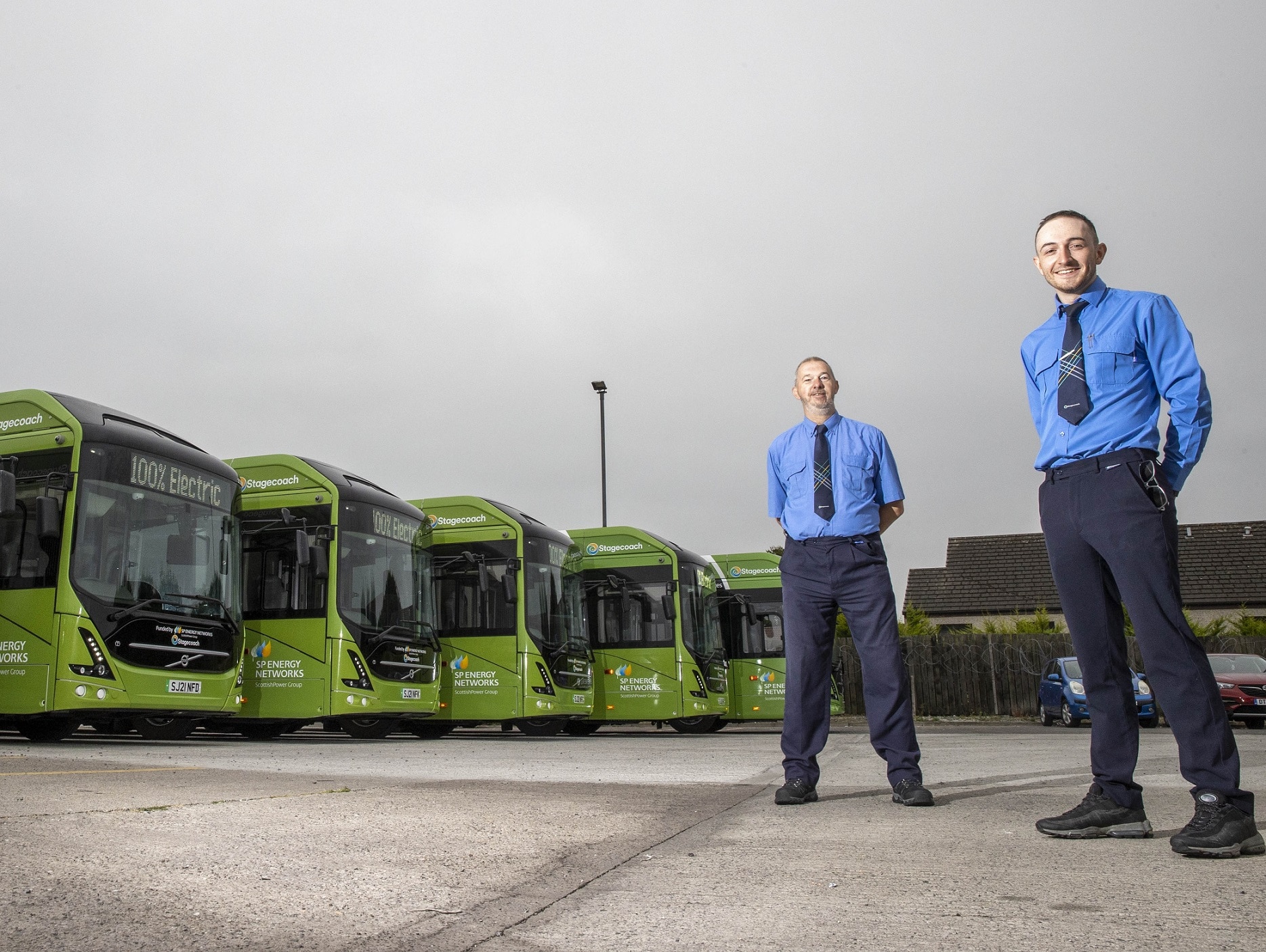Transport for London (TfL) has furthered the possibility of distance-based road user charging being introduced in the capital as part of ongoing work to improve air quality and reduce traffic levels.
If the approach is adopted, it will be needed “by 2030 at the latest,” TfL says. The possibility of distance-based road user charging in London was first aired in January following publication of a report by Element Energy. While TfL is at an early stage of examining any such scheme, that one may be required forms part of a consultation that primarily concerns a proposed expansion of the Ultra Low Emission Zone (ULEZ) in 2023.
ULEZ-related plans are of minor consequence to the coach and bus industry after compliance standards for the Low Emission Zone (LEZ) that surrounds it were tightened to require Euro VI of diesel-powered heavy vehicles in 2021. However, TfL says that while extending the ULEZ will further improve air quality and reduce congestion, “further action will be needed in the long term” to achieve required levels of both.
Any distance-based road user charging scheme in London would bring current LEZ, ULEZ and Congestion Charge (CC) approaches together under one umbrella. Its introduction would sit alongside improvements to walking and cycling infrastructure and public transport in the capital, although TfL notes that reduced traffic volumes would lead to better bus services through higher average speeds.
The outline does not indicate whether current collective exemptions from CC, LEZ and ULEZ charges for coaches and buses with more than nine seats and that comply with Euro VI would continue under a distance-based approach. However, it notes that the latter “could bring existing schemes… together into an integrated charge.”
The consultation document additionally states that under any future distance-based scheme, “in some cases it would be appropriate to provide discounts or exemptions.” Other factors in play could potentially include where the vehicle is driven, how polluting it is, what time of day it is driven and how far, and frequency of journeys.
Surplus monies generated would be invested “in the wider network to support the delivery of the Mayor’s Transport Strategy.”
Views concerning the potential for distance-based road user charging in London are being solicited as part of the consultation. It is live on the TfL website until 29 July. In addition to multiple choice questions, a free text box is included.

























